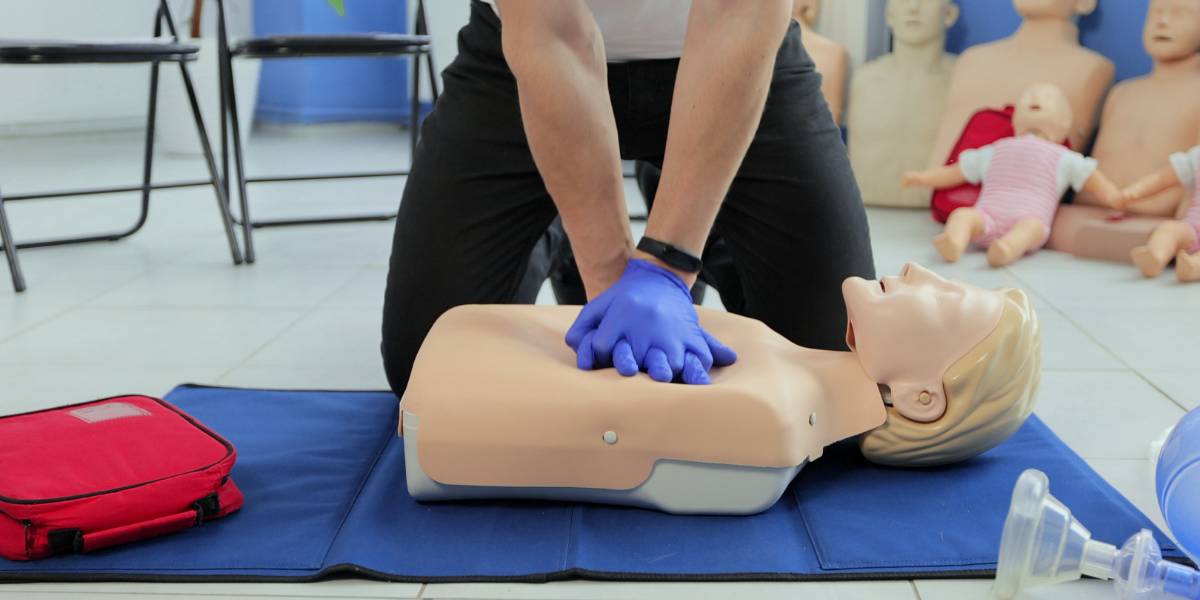Having a positive mindset about getting older improves your cognitive ability by 30%, a new study demonstrates.
Researchers from the Yale School of Public Health have found that older adults who have positive thoughts about their age are more likely to reverse mild cognitive impairment compared to those who think negatively about aging.
Chief author Professor Beccy Levy said: “Most people assume there is no recovery from mild cognitive impairment, but in fact half of those who have it do recover.
- Cognitive behavioural therapy helps reduce blood sugar levels
- Cognitive decline can be identified through music
“Little is known about why some recover while others don’t. That’s why we look at positive age beliefs, to see if they would help provide an answer.”
More than 1,700 older adults took part in a test to assess whether they showed signs of mild cognitive impairment.
In addition, each participant filled in a questionnaire to outline how they felt towards getting older.
The findings show that the participants with mild cognitive impairment who had a positive attitude towards aging were up to three times more likely to reverse the condition compared to those with a negative attitude.
“The study was spurred by a previous discovery that older people found feeling positive about their aged reduced the stress causes by cognitive challenges and had increased self-confidence about their thinking and memory skills,” said Professor Levy.
She added: “Our previous research has demonstrated that age beliefs can be modified – therefore, age-belief interventions could increase the number of people who experience cognitive recovery.”
- Poor cognitive function triggered by lack of sleep during childhood
- Cognitive ability in older adults is dependant on family size, study finds
According to the Alzheimer’s Society, between five and 20% of over 65s have mild cognitive impairment.
Individuals with mild cognitive impairment are at risk of going on to develop dementia in the future, the study has reported.
The study has been published in the journal JAMA Network Open.







